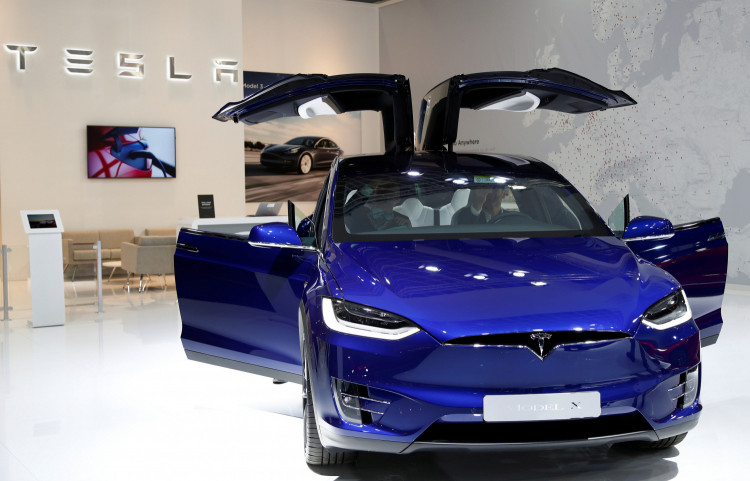At a time when the electric vehicle manufacturer is dealing with a number of lawsuits and increased regulatory scrutiny, the criminal trial that is set to start in South Korea hinges on concerns about the safety of Tesla vehicles.
The driver is accused of involuntary manslaughter by the prosecution. He holds Tesla responsible. The Model X allegedly accelerated out of control on its own and the brakes failed in the December 2020 collision, according to Choi Woan-jong, a man who made a profession by bringing intoxicated individuals home in their own vehicles.
Two years ago, a white Tesla Model X crashed into a parking lot wall in an upmarket neighborhood of Seoul. A renowned attorney and close friend of South Korea's president was killed in the violent collision.
Choi, 61, is currently unable to get employment as a freelance driver, or what is known as a "replacement driver" in Korea. Ahead of a trial when his credibility is tested against that of the most valuable automaker in the world, he claims to experience depression and flashbacks.
Some South Korean safety advocates who want to amend a clause in the free trade agreement with the United States that exempts Tesla from regional norms have taken notice of Choi's situation.
For instance, because of a provision in the U.S.-South Korea free trade agreement that exempts automakers with annual sales of under 50,000 vehicles from local safety regulations, Tesla is not required to adhere to South Korean regulations that mandate at least one front-seat and back-seat door have a mechanical failsafe.
The exception clause mandates Tesla to follow American safety requirements, which do not call for a mechanical backup latch, according to Park Keun-oh, a representative of the Korea-U.S. FTA section of South Korea's trade ministry. When an automobile lacks electricity, these locks enable doors to be opened. Park chose not to elaborate. Inquiries on the trade agreement or the rules were not answered by the Office of the United States Trade Representative.
As Choi entered the garage of an apartment building in Seoul, according to the prosecution, he mashed the accelerator and reached 95 kph (60 mph) before crashing. He denies that, claiming that the side mirrors of the automobile started to fold in and out on their own right before it began to speed on its own.
Choi, a driver of more than 20 years with experience with Teslas, stated, "It felt like the car was swept away by a hurricane."
Choi and his attorney are attempting to demonstrate that the car's electrical systems malfunctioned and that Yoon's rescue by firefighters was hampered because of the car's design.






